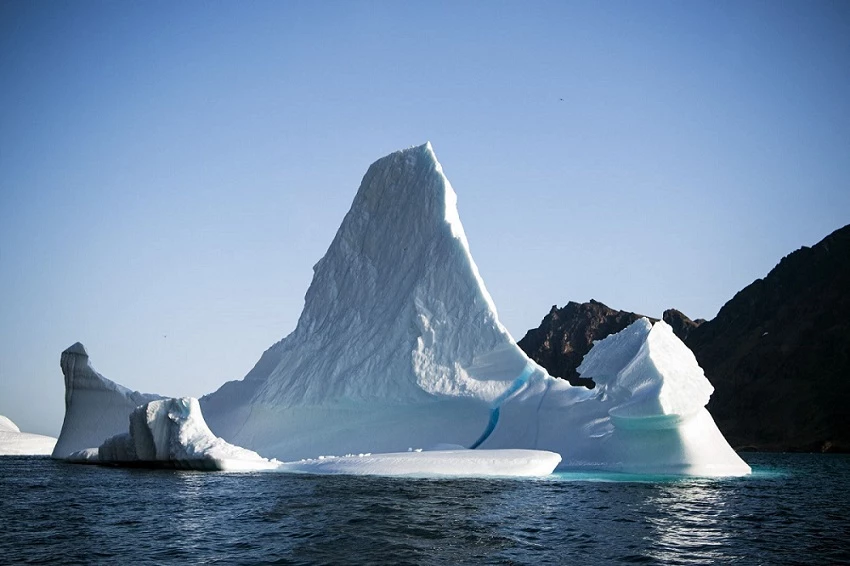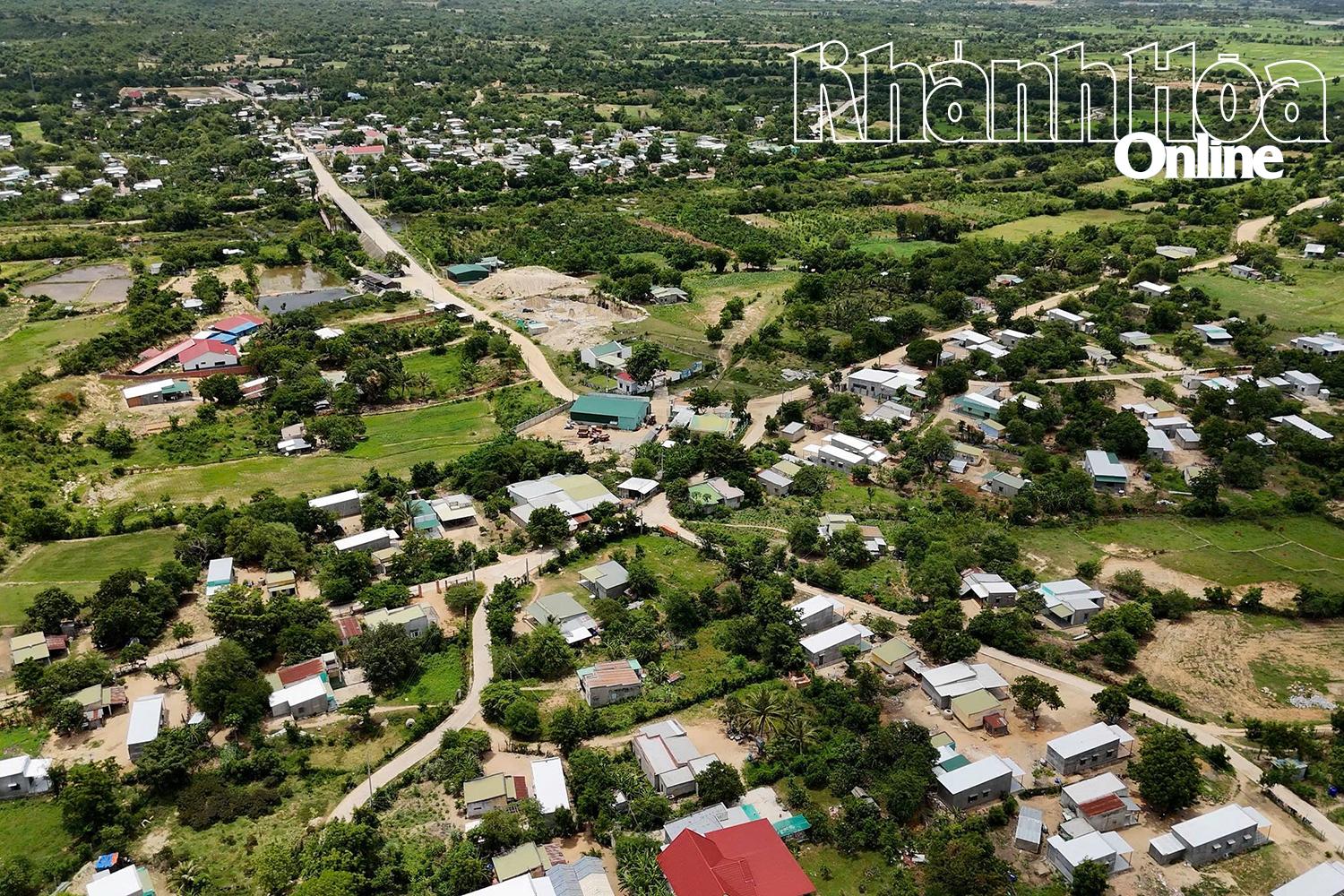DNVN - Global climate change is posing serious challenges for island nations around the world , facing worrying impacts such as rising sea levels, coastal erosion, stronger storms, freshwater scarcity and biodiversity loss.
According to Azerbaijan's News.Az news site on October 7, global climate change is becoming a serious threat to many island nations.
Not only are these islands vulnerable to environmental impacts, they are also facing dire consequences from climate events. Scientists warn that the situation will continue to worsen in the coming decades. Here is a detailed look at the main threats facing island nations.

Rising sea levels : One of the most obvious impacts of global warming is rising sea levels. Melting polar ice caps is pushing ocean levels up. Small island nations like Tuvalu in the Pacific Ocean are at risk of being completely submerged. With a maximum elevation of just 4.5 meters above sea level, Tuvalu is slowly being covered by seawater. The government has even considered relocating its people to other countries like Australia and New Zealand. Similarly, the Maldives is spending millions of dollars to protect its coastline and strengthen its infrastructure against the threat of encroaching seas.
Coastal Erosion : Coastal erosion is accelerating under the impact of climate change. Rising sea levels and increased frequency of storms are causing coastal erosion, reducing coastal land. In the Pacific, Kiribati is losing significant portions of its coastline, with islands such as Abemama and Tarawa suffering devastating effects from erosion. This not only affects infrastructure but also reduces the islands’ resilience to natural disasters.
Stronger Hurricanes : Climate change has led to an increase in the intensity of hurricanes and tropical cyclones, making them more destructive. Caribbean island nations like Barbuda were hit by Hurricane Irma in 2017, which severely damaged much of their infrastructure and forced their entire populations to evacuate. Similarly, Hurricane Dorian devastated the Bahamas in 2019, causing severe damage to the islands of Abaco and Grand Bahama. These disasters not only destroy homes but also cause significant economic damage, especially for small island nations with limited recovery resources.
Freshwater scarcity : Shallow island nations such as the Maldives, Kiribati, and the Marshall Islands are facing saltwater intrusion into their freshwater aquifers, making drinking water scarce. Rising sea levels and increasing storms have caused saltwater to seep into groundwater, making access to fresh water difficult. In response, island governments have had to invest heavily in desalination plants and water conservation measures, which are costly.
Biodiversity under threat : Rising ocean temperatures are having a negative impact on coral reefs, a vital ecosystem that protects islands from waves and provides a home for many marine species. For example, Australia’s Great Barrier Reef is experiencing mass bleaching due to warming seas, which is not only reducing biodiversity but also causing major damage to tourism, a major source of income for many island nations. The same is true in the Seychelles, where coral reef degradation is threatening both the ecosystem and the local economy.
In short, climate change is having a clear and serious impact on island nations, with the situation predicted to continue to worsen in the future. Island nations such as Tuvalu, Kiribati and the Maldives are on the front lines of this battle, facing rising sea levels, coastal erosion, devastating storms and freshwater scarcity – harsh realities they are dealing with every day.
Lan Le (t/h)
Source: https://doanhnghiepvn.vn/cong-nghe/bien-doi-khi-hau-tac-dong-nghiem-trong-den-cac-quoc-dao-ra-sao/20241008095927982




![[Photo] President Luong Cuong receives delegation of the Youth Committee of the Liberal Democratic Party of Japan](https://vstatic.vietnam.vn/vietnam/resource/IMAGE/2025/8/22/2632d7f5cf4f4a8e90ce5f5e1989194a)



![[Photo] Prime Minister Pham Minh Chinh chairs the conference to review the 2024-2025 school year and deploy tasks for the 2025-2026 school year.](https://vstatic.vietnam.vn/vietnam/resource/IMAGE/2025/8/22/2ca5ed79ce6a46a1ac7706a42cefafae)








































































Comment (0)